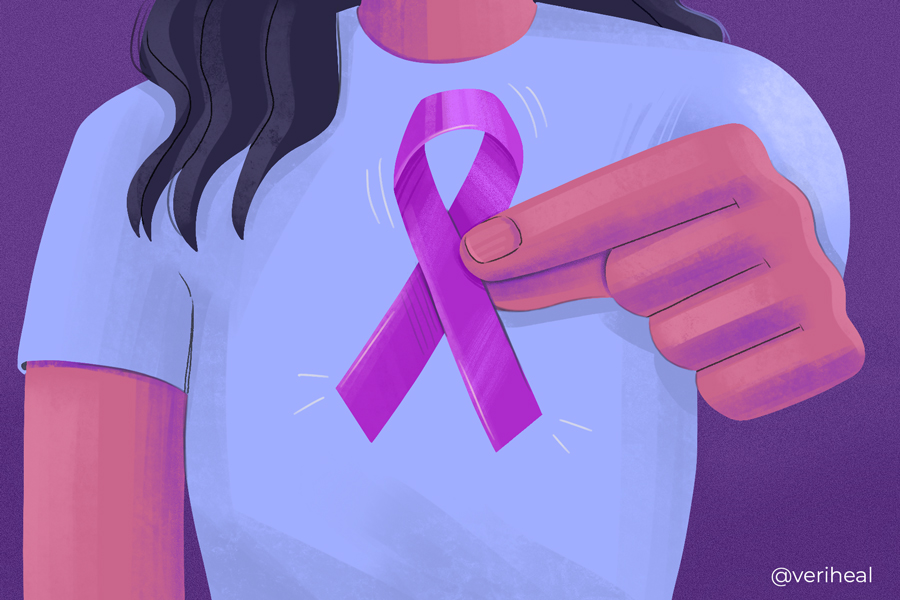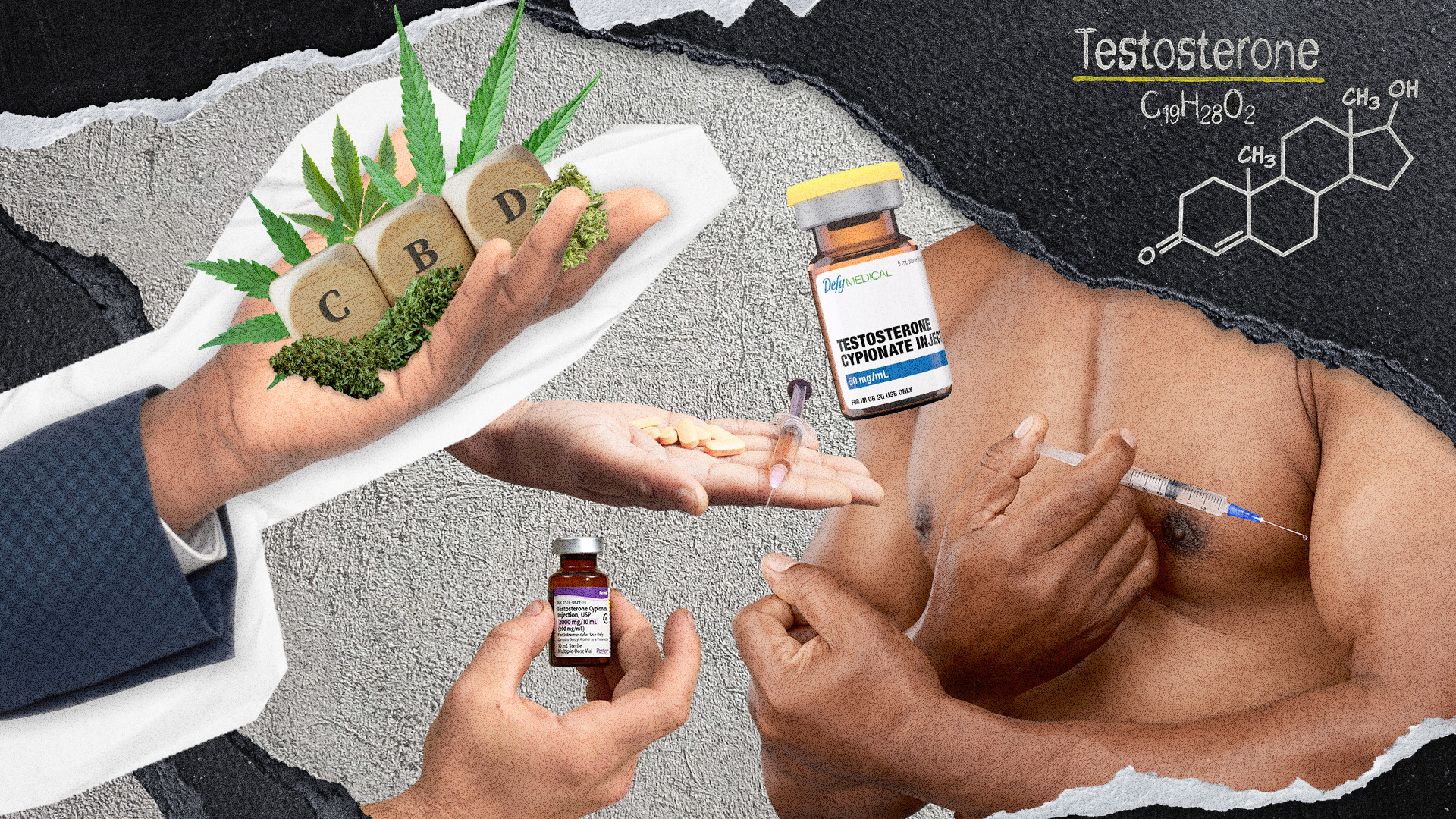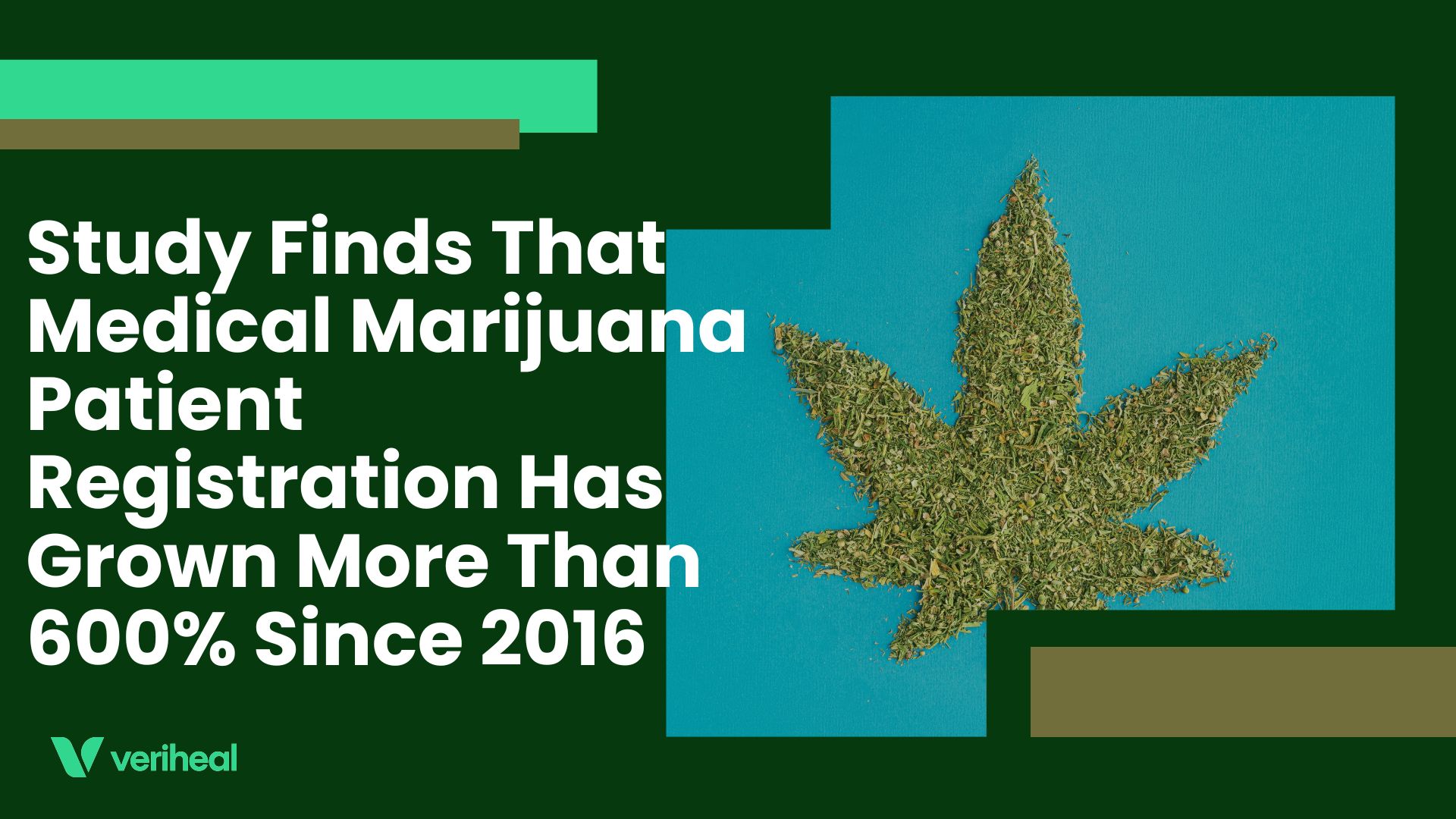Patients who suffer from epilepsy, which affects some 3.4 million people across the United States, report experiencing improved quality of life and a more restful night’s sleep after consuming the non-psychoactive cannabinoid CBD (cannabidiol). This is according to a recently published study featured in the peer-reviewed journal Epilepsy & Behavior.
CBD, which constitutes a $2,770.8 million global market, appears to improve the tolerability of traditional epilepsy medications when consumed in conjunction with traditional over-the-counter (OTC) prescription drugs. What’s more, researchers say that “artisanal CBD” can ease a range of psychiatric symptoms, including anxiety.
Although the study failed to highlight a noticeable difference in seizure control among cannabinoid consumers and non-consumers, study authors confirm that “both groups included a high number of individuals with no past month seizures.”
“These findings further emphasize the need for controlled research to determine optimal CBD product types, doses, and concomitant use of other medications that maximize possible clinical benefit while minimizing potential risks,” reads an excerpt from the report.
What Is Artisanal CBD?
Funded by Realm of Caring—a nonprofit organization committed to redefining cannabis through research and education—this study on CBD and epilepsy was carried out as part of a joint effort with Johns Hopkins University School of Medicine researchers. A specific type of CBD was focused on for the investigation. It goes by the name of “artisanal CBD.”
Unlike “pharmaceutical CBD”—which contains zero traces of the psychoactive compound THC (tetrahydrocannabinol) and has been FDA-approved to treat Dravet syndrome and Lennox-Gastaut syndrome—artisanal CBD is non-mechanized and usually contains variable amounts of CBD and THC.
“Pharmaceutical CBD is currently a restricted prescription medication, and insurance coverage is often limited to only those patients with the specific approved indications. As a result, a large number of patients with epilepsy elect to use alternative CBD products sold widely as dietary supplements by commercial vendors,” wrote the authors.
The authors added that in spite of the growing availability and diversity of alternative cannabinoid products like artisanal CBD—as opposed to pharmaceutical CBD—existing studies assessing their efficacy and/or safety are extremely rare. With that being said, the authors say that “making conclusions about the clinical utility of these products is uncertain.”
“These findings are consistent with research indicating that practitioners recommending CBD in clinical care for epilepsy report integrating the use of CBD both as a means to improve patient quality of life and as well as for seizure reduction,” they continued.
Researchers Analyzed Survey Results From 280 Epilepsy Patients
A total of 280 epilepsy patients answered survey questions pertaining to the use of artisanal CBD products. In addition to this, the survey results featured responses from 138 patients who did not use any type of cannabis product. All patients were carefully chosen from social media posts and Realm of Caring patient registries, with follow-up survey responses being collected from a subgroup of 190 participants.
Why You Should Get Your Medical Marijuana Card
Veriheal has satisfied millions of patients nationwide by giving them access to these benefits
- Larger purchase limits
- Peace of mind
- Enhanced legal protection
- Access to higher potency strains
- Save up to 25% on cannabis purchases
- Skip the line at the dispensary
The majority of patients (74%) were Caucasian and more than half (55%) identified as female. Approximately 90% of patients reported no history of non-medical or recreational cannabis consumption, and the average age was 21 years old.
Epilepsy was noted as the primary health condition among 93% of survey respondents, whereas the remaining 7% had been diagnosed with cancer-related epilepsy, sleep disorders, autoimmune conditions, neuropsychiatric conditions, or various other debilitating conditions.
CBD Consumers Less Likely to Visit Emergency Room
Not only are CBD-consuming epilepsy patients less likely to seek medical attention at an emergency room but, also, the study authors claim that CBD consumers are less likely to take a work or school “sick day.”
The study findings suggest that while certain symptom indicators (including pain) do not significantly differ between consumers and non-consumers, greater health satisfaction is more noticeable among epilepsy patients who use artisanal CBD. Additionally, artisanal CBD users appear to fall below the clinical threshold for anxiety and enjoy a more consistent sleep pattern.
“Generally, higher quality of life, lower psychiatric symptom scores and improved sleep were observed among people using an artisanal CBD product based on both cross-sectional and longitudinal comparisons,” reads an excerpt from the study. Additionally, the study notes that “artisanal CBD users reported significantly better epilepsy medication tolerability, a lower odds of prescription medication use and traditional anticonvulsant use, and reduced healthcare utilization compared with Controls.”
Conversely, approximately one in five survey participants experienced adverse effects after consuming the non-psychoactive cannabinoid: 11% felt drowsy and 4% reported worsening of epilepsy symptoms. On top of this, 4% considered the cost of CBD to be “high” or “prohibitive,” while 3% were concerned about the legality or potential drug interactions.
CBD Dosing Did Not Majorly Influence the Outcomes
High doses of CBD are linked to increased quality of life scores and reduced chances of a past-month outpatient visit. Typically, study participants reported the best experience(s) after consuming a median CBD dose of 1.4 milligrams for each kilogram of body weight. This, the authors say, “is well below the dose commonly associated with pharmaceutical products (e.g. 10 mg/kg/day is the current recommended maintenance dose for pharmaceutical CBD).”
Although the findings demonstrate promise for epilepsy patients who have exhausted alternative treatment options, the authors made a point of noting that the study was somewhat limited. For example, rather than having researchers carry out a controlled investigation, each study subject provided self-reported data. “These limitations mean that we are not able to directly verify epilepsy characteristics and do not have control over factors like CBD dose or frequency of administration,” explained the team.
Furthermore, participant input was restricted to data pulled from Realm of Caring’s patient registry, “which may not generalize to the broader population of patients with epilepsy. Of note, the nature of the sample means that there is a possible referral bias and related increases in expectation for clinical benefit.”
In summary, the study emphasizes “real-world evidence for the possible utility of artisanal CBD products in a diverse and heterogeneous population of patients with epilepsy. Although the lack of a placebo control group precludes determination of efficacy, the consistent observation of clinically meaningful differences between groups at baseline and with Controls who initiated artisanal CBD product use over time suggests that use of these products can improve health and quality of life for patients with epilepsy.”
We look forward to the evolution of cannabis research in this area. If you are interested in learning more about the medical use of CBD and THC, set up an appointment with a cannabis coach or a medical marijuana doctor through Veriheal.
Author, Share & Comments















